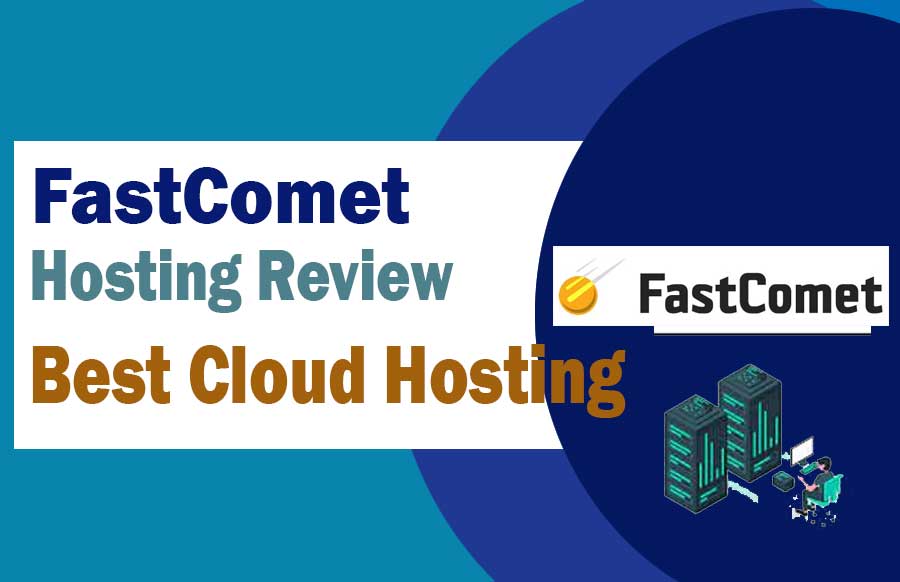Webhost free offers a tempting gateway to the world of online presence, allowing anyone to build a website without initial financial investment. But this enticing prospect comes with its own set of challenges and limitations. Navigating the complexities of free web hosting requires careful consideration of its pros and cons, understanding its inherent restrictions, and exploring alternative options that may better suit your needs.
This comprehensive guide delves into the world of webhost free, providing insights into its various facets. We’ll explore different types of free web hosting services, their features, limitations, and suitability for various purposes. We’ll also address security concerns, monetization strategies, and alternative options to free web hosting, equipping you with the knowledge to make informed decisions about your online journey.
Free Web Hosting and Security

Free web hosting services can be an attractive option for individuals and small businesses starting out. However, it’s essential to be aware of the security concerns associated with these services. While they provide a cost-effective way to get your website online, they often come with trade-offs in terms of security and control.
Security Vulnerabilities in Free Web Hosting
Free web hosting providers often have limited resources to dedicate to security, which can lead to vulnerabilities. It’s crucial to understand the common security vulnerabilities associated with free web hosting and take steps to mitigate them.
- Shared Hosting Environment: Free web hosting typically involves shared hosting environments, where multiple websites are hosted on the same server. This means that a security breach on one website could potentially affect other websites on the same server.
- Limited Security Features: Free hosting providers often offer basic security features, such as firewalls and malware scanning. However, these features may not be as robust or comprehensive as those offered by paid hosting providers.
- Lack of Control Over Server Configuration: With free hosting, you typically have limited control over the server configuration, making it challenging to implement security best practices.
- Data Backup and Recovery: Free hosting providers may not offer regular backups or data recovery services, putting your website data at risk in case of a security incident.
Mitigating Security Risks
To mitigate the security risks associated with free web hosting, consider the following recommendations:
- Use Strong Passwords: Choose strong and unique passwords for your website’s login credentials, including your hosting account, database, and any other applications you use.
- Enable Two-Factor Authentication: Whenever possible, enable two-factor authentication (2FA) for your hosting account and other online services. This adds an extra layer of security by requiring you to enter a code from your phone or email in addition to your password.
- Keep Software Up to Date: Regularly update your website’s software, including the content management system (CMS), plugins, and themes. Updates often include security patches that fix vulnerabilities.
- Install Security Plugins: If you’re using a CMS like WordPress, install security plugins to enhance your website’s protection. These plugins can scan for vulnerabilities, block malicious traffic, and provide other security features.
- Limit User Access: Grant access to your website only to authorized users. Avoid creating unnecessary user accounts and restrict access to sensitive files and directories.
- Monitor Website Activity: Regularly monitor your website’s activity for suspicious behavior. Look for unusual login attempts, file changes, or traffic patterns that might indicate a security breach.
- Consider a Web Application Firewall (WAF): A WAF can help protect your website from common web attacks, such as SQL injection and cross-site scripting (XSS).
- Use a Secure Socket Layer (SSL) Certificate: An SSL certificate encrypts communication between your website and visitors, protecting sensitive information such as passwords and credit card details.
Securing a Website on a Free Platform
While free web hosting comes with inherent security challenges, it’s possible to take steps to secure your website:
- Choose a Reputable Free Hosting Provider: Select a provider with a good reputation for security and customer support. Research the provider’s security practices and read reviews from other users.
- Understand the Provider’s Security Policies: Familiarize yourself with the provider’s security policies and procedures. This will help you understand the level of protection they offer and what you need to do to ensure your website’s security.
- Implement Strong Security Measures: Follow the security recommendations Artikeld above, such as using strong passwords, enabling 2FA, and keeping software up to date.
- Backup Your Website Data: Regularly back up your website’s data to a secure location. This will allow you to restore your website in case of a security breach or data loss.
- Monitor for Security Issues: Keep an eye out for any security alerts or notifications from your hosting provider. If you notice any suspicious activity, take immediate action to investigate and address the issue.
Alternatives to Free Web Hosting

While free web hosting might seem appealing at first, it often comes with limitations that can hinder your website’s growth and performance. Fortunately, several alternative options offer a better balance of features, reliability, and affordability. Let’s explore some of these alternatives and their benefits.
Affordable Paid Hosting Plans, Webhost free
Paid hosting plans provide a significant upgrade from free options, offering enhanced features, performance, and support. These plans are designed for websites that require more resources and stability, ensuring a smoother user experience and better search engine optimization ().
Here’s a breakdown of the advantages and disadvantages of transitioning from free to paid hosting:
Advantages of Paid Hosting
- Increased Resources: Paid hosting plans provide more storage space, bandwidth, and processing power, allowing your website to handle more traffic and complex applications.
- Improved Performance: Faster loading speeds, reduced downtime, and better responsiveness are crucial for user satisfaction and . Paid hosting ensures a more reliable and efficient website experience.
- Enhanced Security: Paid hosting providers offer advanced security features like firewalls, malware protection, and regular backups, safeguarding your website from threats and data loss.
- Dedicated Support: Paid hosting plans usually come with 24/7 customer support, providing quick assistance when you encounter technical issues or need guidance.
- Scalability: As your website grows, paid hosting plans allow you to easily upgrade your resources to meet increasing demands.
Disadvantages of Paid Hosting
- Cost: The primary disadvantage is the recurring monthly or annual cost associated with paid hosting plans.
- Learning Curve: Setting up and managing a paid hosting account might require some technical knowledge or a willingness to learn new skills.
Cloud-Based Platforms
Cloud hosting offers a flexible and scalable alternative to traditional hosting, providing on-demand resources and high availability. Cloud platforms like AWS, Google Cloud, and Microsoft Azure offer a wide range of services, including virtual servers, databases, and content delivery networks (CDNs).
Benefits of Cloud Hosting
- Scalability: Cloud hosting allows you to easily scale your resources up or down based on your website’s traffic and demands.
- High Availability: Cloud platforms ensure minimal downtime by distributing your website across multiple servers, guaranteeing a consistent user experience.
- Cost-Effectiveness: You only pay for the resources you use, making cloud hosting cost-effective for websites with fluctuating traffic patterns.
- Global Reach: Cloud platforms have data centers worldwide, enabling faster loading speeds for users in different geographic locations.
Conclusive Thoughts: Webhost Free

In the realm of webhost free, the balance between opportunity and limitation is a constant. While it provides a stepping stone into the digital landscape, it’s essential to understand its constraints and explore alternative paths that might align better with your long-term goals. Whether you’re a budding blogger, an aspiring entrepreneur, or simply seeking a platform to share your ideas, the choice between free and paid web hosting ultimately hinges on your specific requirements and the level of control and flexibility you desire.




